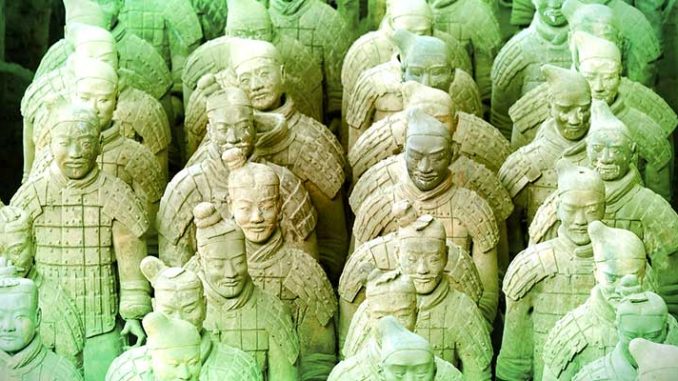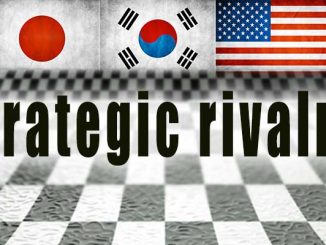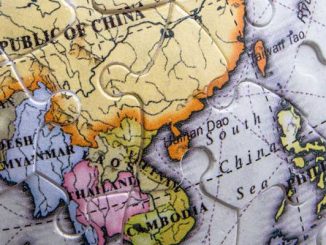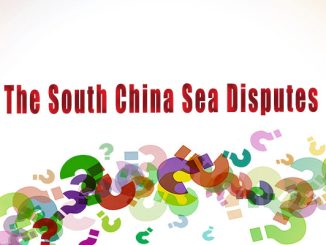
Chinese Soft Power and ASEAN’s Constructive Engagement: Sino-ASEAN relations and the South China Sea
After a decade of silence, the South China Sea (SCS) conflict has once again arisen to the top of the East Asian security debate. This conflict is in many ways a litmus test of China’s […]




